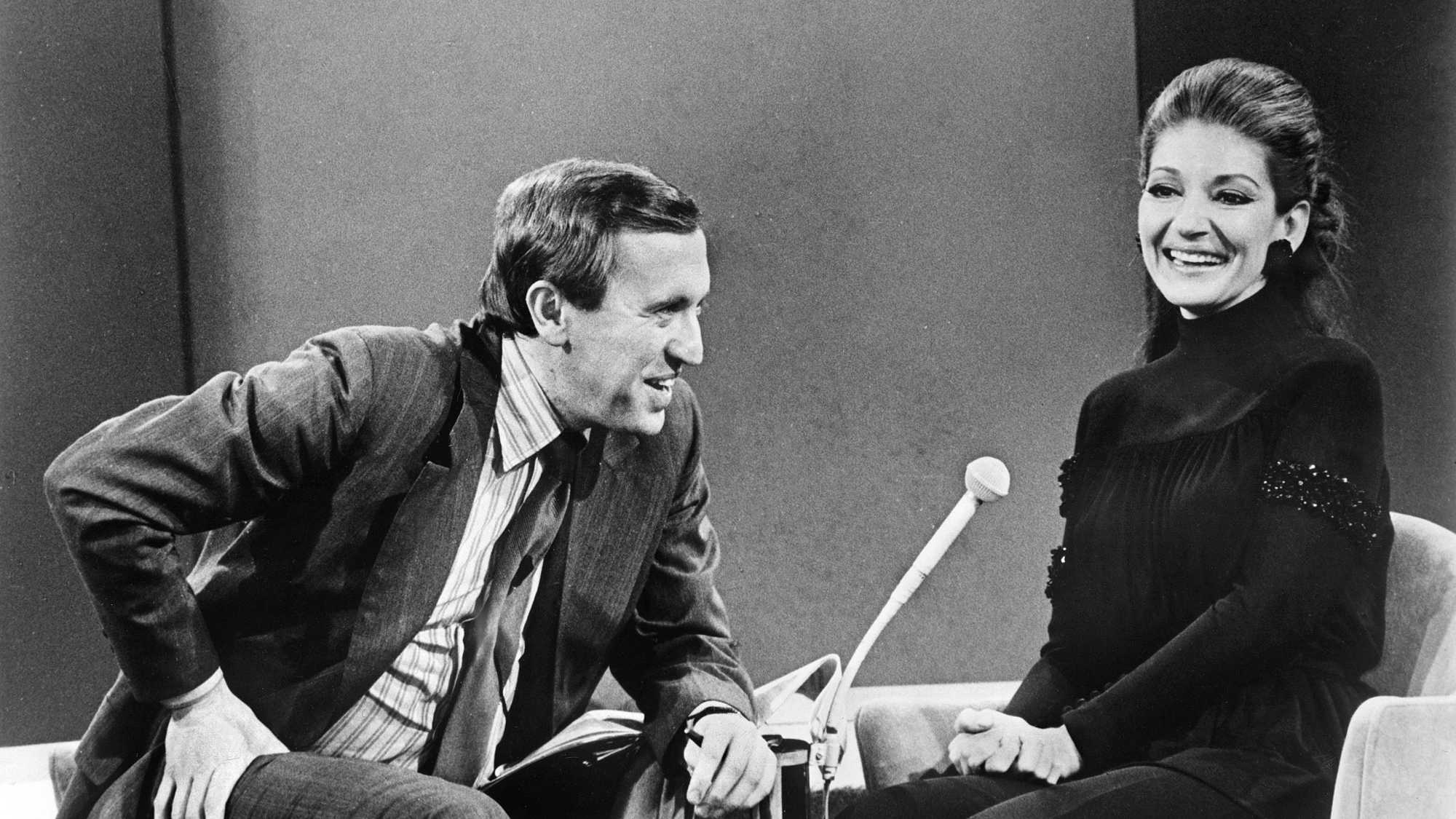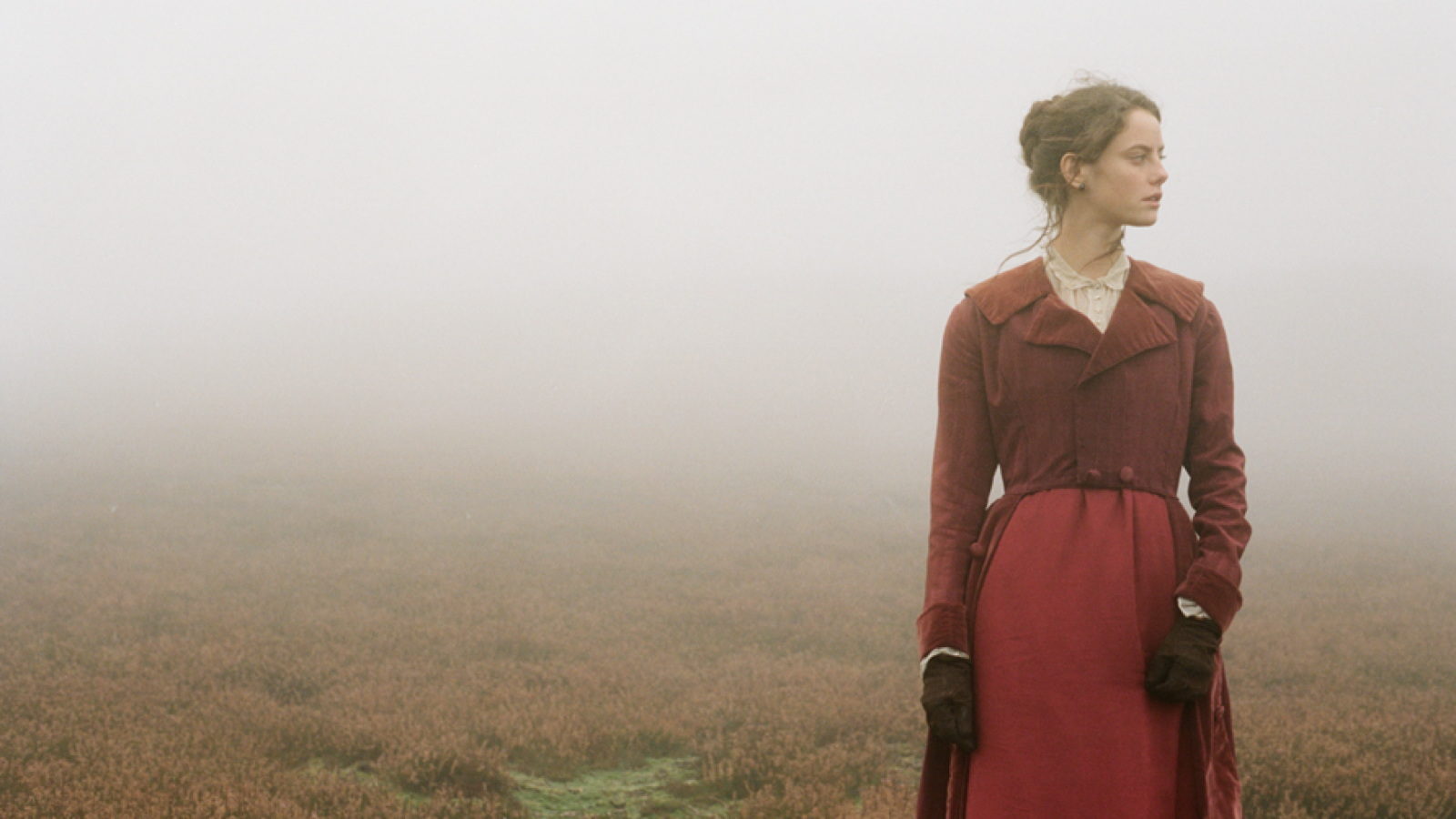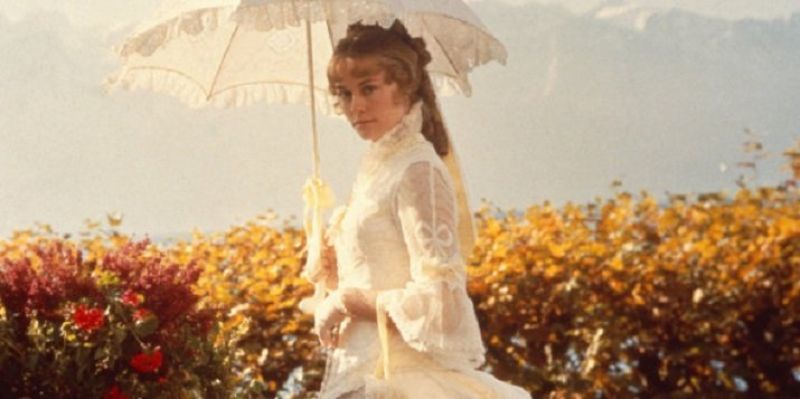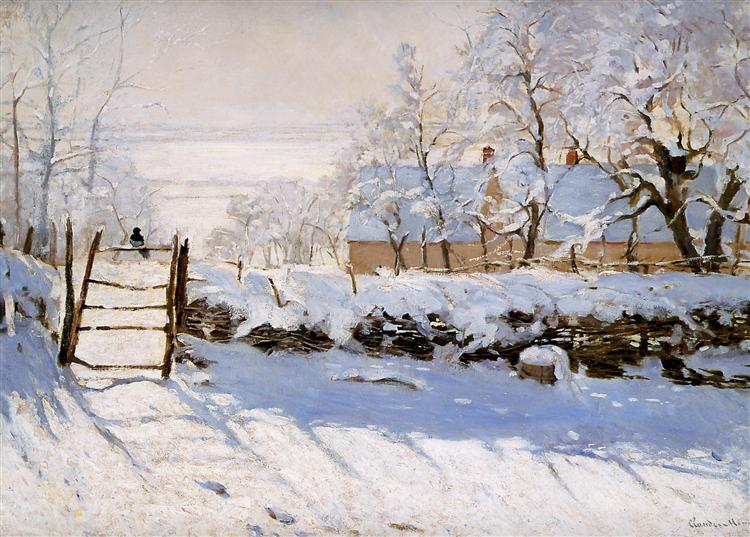Review
What does it mean to be original? Thoughts on the life of Maria Callas
Apr 16, 2022

Rare, previously lost footage of David Frost interviewing Maria Callas in 1970
Last weekend I watched the 2017 documentary Maria by Callas directed by Tom Volf. What inspired me about Callas' extraordinary life and career was on the one hand the sheer power and charisma of her voice, but on the other, the candor with which she spoke her truth in the various interviews collected for the documentary.
Callas, born in New York (1923) but then removed to Greece in her early teenage years, trained her commanding voice under the tutelage various instructors, particularly with the Spanish coloratura soprano Elvira de Hidalgo, with whom she remained in contact for the rest of her life. Her early voice was described as such:
"The tone of the voice was warm, lyrical, intense; it swirled and flared like a flame and filled the air with melodious reverberations like a carillon. It was by any standards an amazing phenomenon, or rather it was a great talent that needed control, technical training and strict discipline in order to shine with all its brilliance."
[Her instructor Maria Trivella, 1957, Wikipedia]
By the time her training was through, her hard work (practicing 6-8 hours a day) to contain this instrument paid off, and she was quickly recognized as a voice to be reckoned with. Just listen to her début at the Palais Garnier in Paris (1958) to understand why.
The force and charisma of her voice act together to move any listener, especially those like me who love opera but know nothing of the technical aspects. And above all it is recognizable: after listening to her sing once it will be unmistakable to you from then on out.
This latter point is, in my opinion, the reason why we love Maria Callas, her voice, her persona, her drama. That is to say, her voice is original: it comes from her and her alone. Her musical studies weren't about aspiring to a "perfect" sound that her teachers envisioned; her studies were to train her voice, to tame it. Like etching out a masterpiece from a marble slab, rather than constructing a vase from earth and water.
Indeed, her unconventional voice polarized critics in her day. Some found it harsh, jarring even. But anything original causes controversy. By definition, something that is original is new, untested, and difficult to comprehend. But, I couldn't help but think, why are there so few original people and ideas? Why is it so difficult for us to come up with new ideas? Why is there only one Maria Callas and so many imitations?
To answer this question, I did what I always do when in doubt: go to the source. Every word has an etymology (it's "true sense" as the Greeks called it: ἔτυμον) and in this etymology you can uncover how the word came to by: where it comes from and how its meaning has evolved over the course of millennia. Where does the word original come from? Wiktionary tells us: Original and origin come from the Latin origo (beginning, birth, source), in turn from the verb orior meaning to rise, to stir (compare with orient meaning land where the sun rises).
Thus something original is the source from which all else is derived. By definition, then, there are fewer originals than copies because you need the original to copy from. The trunk of a tree, for example, is only one, yet the branches and leaves emerging from it can be limitless. Therefore it is not unusual that there has been only one Maria Callas, because if there were many then she wouldn't be the origin, the reference point of opera divas in the 20th century and beyond. What is unusual, though, is how someone can emerge triumphant from all attempts to beat down their originality and to make her conform to the comfort of today's standards of "good."
But that is exactly what she did. In the interview with David Frost pictured above, he asks her, "As you look back, are there things you like to change? Or do you buy the package wholesale?" Her response:
"I buy the package wholesale, my God. I never would've dreamed to come to such a privileged position, with its good and with its bad. I have had the possibility of having inside something that I could expose to the people, give to the people and be understood. You call this little?"
Her singing, in her own words, is something from within that she wanted to share externally. And all she wanted in return was to be understood, to be seen for her true self. Because it's not just her voice that she shared with the world, it was her sensitivity, her empathy with the characters of the operas, her deep respect for the composers of the pieces she sang, her love for life and her suffering. That's why we love her voice: because it evokes in us our deepest sensibilities, those that we feel only as a faint sunbeam, but that Callas brings to us as a flame.
In sharing her interpretations of the spectrum of human emotions onstage, she shared her truth. That's why, in my opinion, she could speak with such candor and freshness in the interviews: she lived her truest life, accepting the glory and difficulties that came with it, and had nothing to hide, no fear of someone usurping her role in the spotlight nor exposing her as an imitation. She was the original. I don't call that little.
“Even in literature and art, no man who bothers about originality will ever be original: whereas if you simply try to tell the truth (without caring twopence how often it has been told before) you will, nine times out of ten, become original without ever having noticed it.” [CS Lewis, Mere Christianity]
More in
Review
Hate, disgust, repulsion, bewilderment: Wuthering Heights still invokes the deepest of emotions
Sep 14, 2023
A bushfire in the Harmattan: Reading Things Fall Apart
Aug 27, 2022
A belated review of Henry James' Daisy Miller (1879)
Aug 14, 2022
Guardar el más profundo silencio: Reacción a “Para hacer el retrato de un pájaro” por Jacques Prévert
Mar 27, 2022




